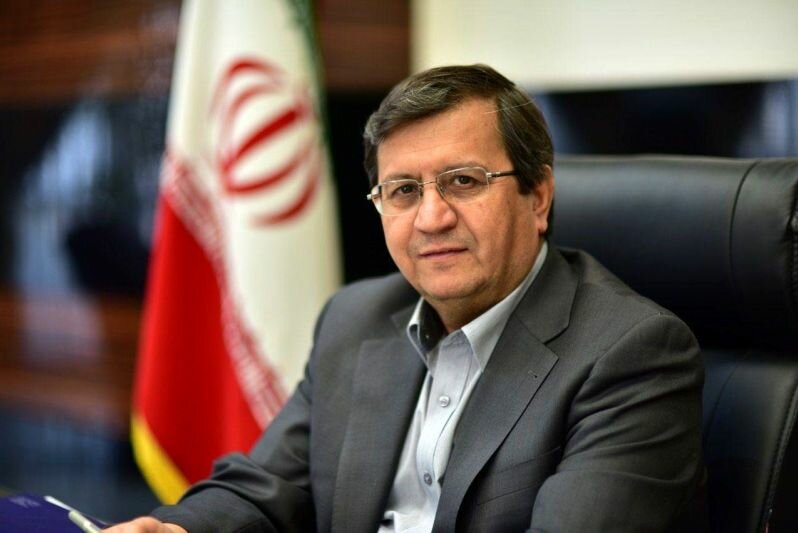Europe should pre-purchase Iran’s oil through INSTEX first: CBI chief

TEHRAN – The governor of the Central Bank of Iran (CBI) has said that the Europeans should show their sincerity about their Instrument in Support of Trade Exchanges (INSTEX) by ordering Iran’s crude.
“If the Westerners are serious and determined about this issue (INSTEX), they should inject money to it equal to the extent that our oil revenues have been harmed or file for Iran’s oil futures,” Abdolnasser Hemmati said in an interview with the IRIB TV on Tuesday.
He stressed that if the Europeans want to keep the nuclear deal alive, they should implement their undertakings, noting that INSTEX should also include the sanctioned goods too.
Washington withdrew from the internationally-endorsed 2015 nuclear deal with Iran in May 2018, re-imposed the toughest-ever sanctions against the country and started a plan to zero down Tehran's oil sales.
Under the nuclear agreement reached between Iran and six world powers in July 2015, Tehran undertook to put limits on its nuclear program in exchange for the removal of economic and financial sanctions.
Yet, Iran continued compliance with the deal, stressing that the remaining signatories to the agreement, especially the Europeans, had to work to offset the negative impacts of the U.S. pullout from the agreement if they want Tehran to remain in compliance. The Iranian officials had earlier warned that the European Union’s failure in providing the needed ground for Tehran to enjoy the economic benefits of the nuclear deal would exhaust the country’s patience.
Almost a year later, however, the EU failed to provide Tehran with its promised merits. Then, the U.S. State Department announced that it had not extended two waivers, one that allowed Iran to store excess heavy water produced in the uranium enrichment process in Oman, and one that allowed Iran to swap enriched uranium for raw yellowcake with Russia.
Until May, Iran was allowed to ship low-enriched uranium produced at Natanz to Russia before it hit the 300-kg limit and the U.S. measure leaves no way for Tehran other than exceeding the ceiling for storing the enriched uranium in violation of the 2015 nuclear deal.
Also, the United States would no longer waive sanctions that allowed Iran to ship heavy water produced at its Arak facility beyond a 300-ton limit set in the 2015 nuclear deal to Oman for storage which again forces Tehran to store it inside country in violation of the nuclear deal.
In return, Iran's Supreme National Security Council (SNSC) announced in a statement on May 8 that the country had modified two of its undertakings under the Joint Comprehensive Plan of Action in return for the U.S. abrogation of the deal and other signatories’ inability to make up for the losses under the agreement, warning that modifications would continue if the world powers failed to take action in line with their promises.
“The Islamic Republic of Iran declares that at the current stage, it does not anymore see itself committed to respecting the limitations on keeping enriched uranium and heavy water reserves,” the statement said.
Then Iran gave Europe 60 days to either normalize economic ties with Iran or accept the modification of Tehran’s obligations under the agreement and implement its proposed INSTEX to facilitate trade with Iran.
Iran set up and registered a counterpart to INSTEX called Special Trade and Financing Instrument between Iran and Europe (STFI) to pave the way for bilateral trade.
SP/PA
Leave a Comment